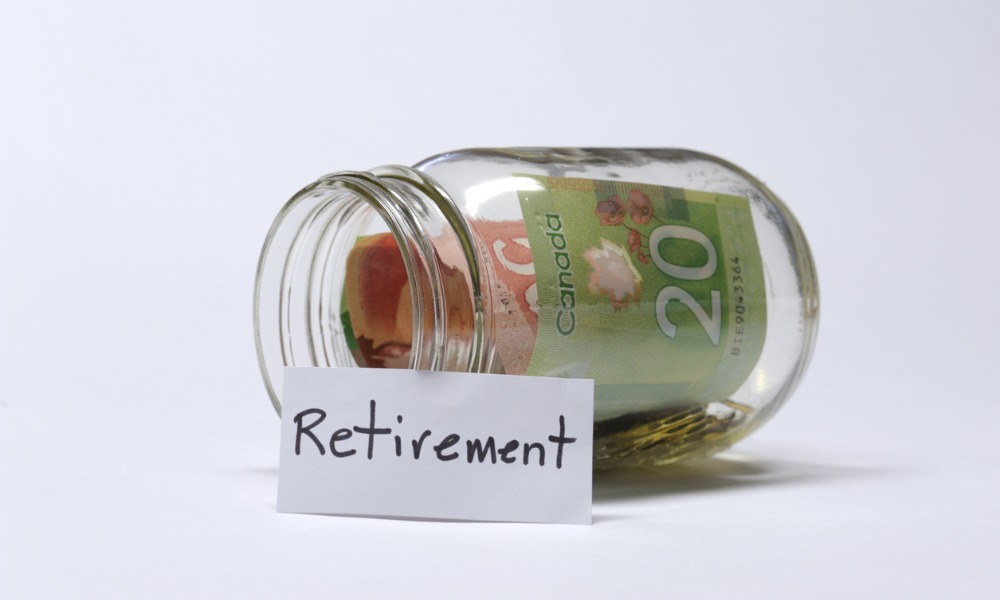A new survey shows high interest rates hinder Canadians' retirement savings, causing widespread concern

Elevated interest rates continue to be a significant challenge for Canadians, leading to a “bleak” retirement outlook, according to a new survey reported by the Financial Post.
The survey by Abacus Data, on behalf of the Healthcare of Ontario Pension Plan (HOOPP), reveals that nearly half of respondents have been unable to save for retirement in the past year, while 58 percent worry about insufficient retirement funds.
Even if rates decrease “slightly this year,” 61 percent believe their ability to save for retirement will still be impacted.
“The results of this year’s survey demonstrate that persistently high interest rates and a rising cost of living continue to have a significant negative impact on Canadians’ ability to save and manage the cost of daily life, threatening their retirement preparedness,” HOOPP stated in a press release.
This is the sixth year of HOOPP’s survey, which gauges the retirement outlook of 2,000 adult Canadians. High interest rates are affecting people's retirement plans and saving capabilities.
Despite a recent 25 basis point cut by the Bank of Canada, which lowered the benchmark lending rate to 4.75 percent, 61 percent still foresee challenges in saving for retirement.
Economists from major Canadian banks anticipate further cuts, projecting a decrease of 75 basis points to four percent by the end of the year.
David Coletto, chief executive of Abacus Data, noted, “Over the last few years, we’ve seen Canadians struggle to keep up, first with inflation and now with interest rates and the cost of living. But a small cut in interest rates won’t provide enough relief for Canadians.”
The survey indicates that 70 percent of Canadians would sacrifice some of their pay for a better pension or any pension. For some, retirement remains an elusive goal, with 13 percent of non-retired Canadians believing they will never retire, and 26 percent planning to work after retirement.
To make retirement achievable, 42 percent of respondents are relying on the sale of their home for a retirement nest egg, an increase of four percentage points from last year. Additionally, 40 percent of homeowners aged 55 to 64 have a similar plan, up six percentage points.
The survey also highlights gender disparities, with 53 percent of non-retired women not saving for retirement in the past year, compared to 45 percent of men. Furthermore, 61 percent of these women lack a planned retirement age, while 50 percent of men do.
Older women, particularly those aged 55 to 64, are facing greater difficulties, with 62 percent feeling unprepared for retirement compared to 48 percent of men.
Women report having less capacity to save, prioritizing daily financial concerns over retirement planning.
This financial landscape underscores the need for continued attention to retirement preparedness amidst ongoing economic challenges.



